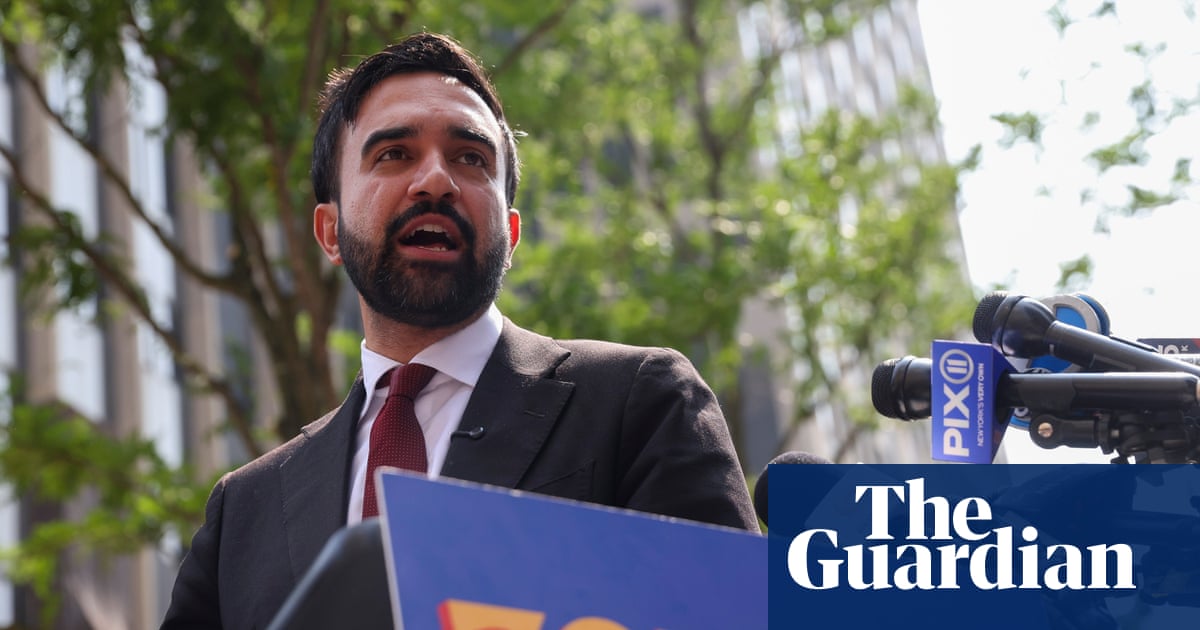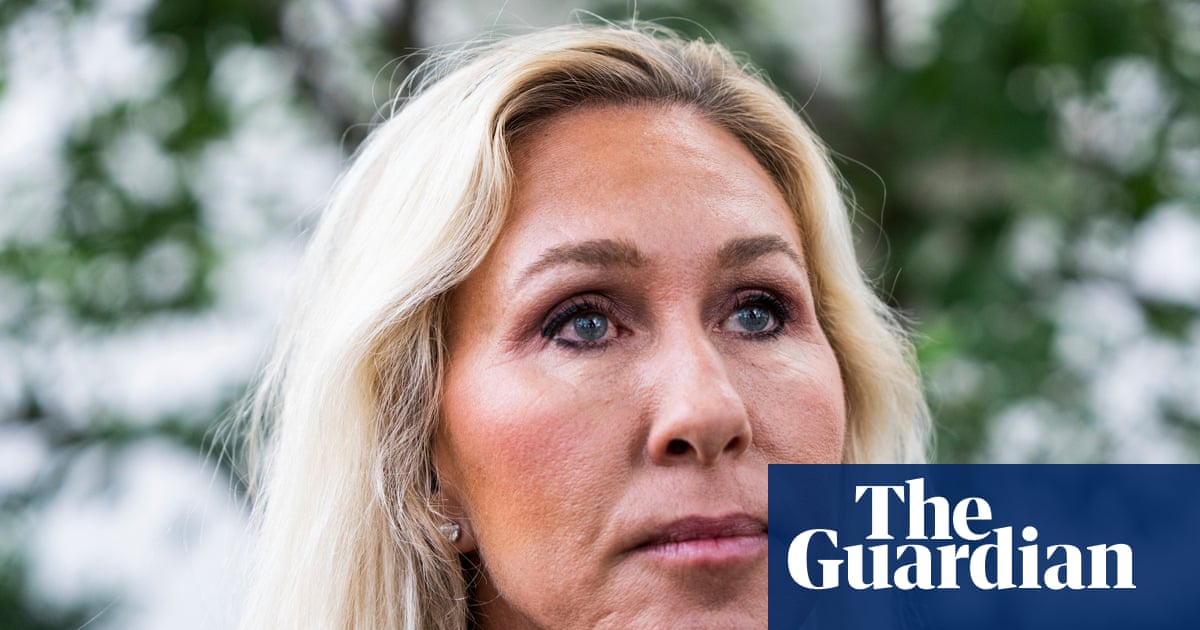US immigration officials said they intend to deport Kilmar Ábrego García to Uganda, after he declined an offer to be deported to Costa Rica in exchange for remaining in jail and pleading guilty to human smuggling charges, according to a Saturday court filing.
The Costa Rica offer came late on Thursday, after it was clear that the Salvadorian national would probably be released from a Tennessee jail the following day.
Ábrego declined to extend his stay in jail and was released on Friday to await trial in Maryland with his family. Later that day, the Department of Homeland Security (DHS) notified his attorneys that he would be deported to Uganda and should report to immigration authorities on Monday.
According to official documents posted online, the DHS told Ábrego’s attorneys on Friday afternoon that the “DHS may remove your client … to Uganda no earlier than 72 hours from now (absent weekends)”.
Immigration and Customs Enforcement also directed Ábrego to report to its Baltimore office on Monday, according to records posted online.
Ábrego entered the US without permission in about 2011 as a teenager after fleeing gang violence. He was subsequently afforded a federal protection order against deportation to El Salvador.
The 30-year-old was initially deported by federal immigration officials in March. Though the Trump administration admitted that Ábrego’s deportation was an “administrative error”, officials have repeatedly accused him of being affiliated with the MS-13 gang, a claim Ábrego and his family vehemently deny.
During his detention at El Salvador’s so-called Terrorism Confinement Center (Cecot), Ábrego was physically and psychologically tortured, according to court documents filed by his lawyers in July.
Following Ábrego’s wrongful deportation, the Trump administration faced widespread pressure to return him to the US, including from a supreme court order that directed federal officials to “facilitate” his return.
In June, the Trump administration returned Ábrego from El Salvador, only to charge him with crimes related to human smuggling, which his lawyers have rejected as “preposterous”. His criminal trial is expected to begin in January.
Before his deportation, Ábrego had lived in Maryland for more than a decade, working in construction while being married to an American wife.
after newsletter promotion
Although Ábrego was deemed eligible for pretrial release, he had remained in jail at the request of his attorneys, who feared the Republican administration could try to immediately deport him again if he were freed. Those fears were somewhat allayed by a recent ruling in a separate case in Maryland, which requires immigration officials to allow Ábrego time to mount a defense.
Separately, in a statement earlier this week, Uganda said that it agreed to a “temporary agreement” with the US to accept some asylum seekers who are deported from the country.
Bagiire Vincent Waiswa, permanent secretary of Uganda’s foreign ministry, said: “The agreement is in respect of third country nationals who may not be granted asylum in the United States but are reluctant to or may have concerns about returning to their countries of origin.”
Waiswa added: “This is a temporary arrangement with conditions including that individuals with criminal records and unaccompanied minors will not be accepted. Uganda also prefers that individuals from African countries shall be the ones transferred to Uganda. The two parties are working out the detailed modalities on how the agreement shall be implemented.”

 German (DE)
German (DE)  English (US)
English (US)  Spanish (ES)
Spanish (ES)  French (FR)
French (FR)  Hindi (IN)
Hindi (IN)  Italian (IT)
Italian (IT)  Russian (RU)
Russian (RU)  6 hours ago
6 hours ago
























Comments